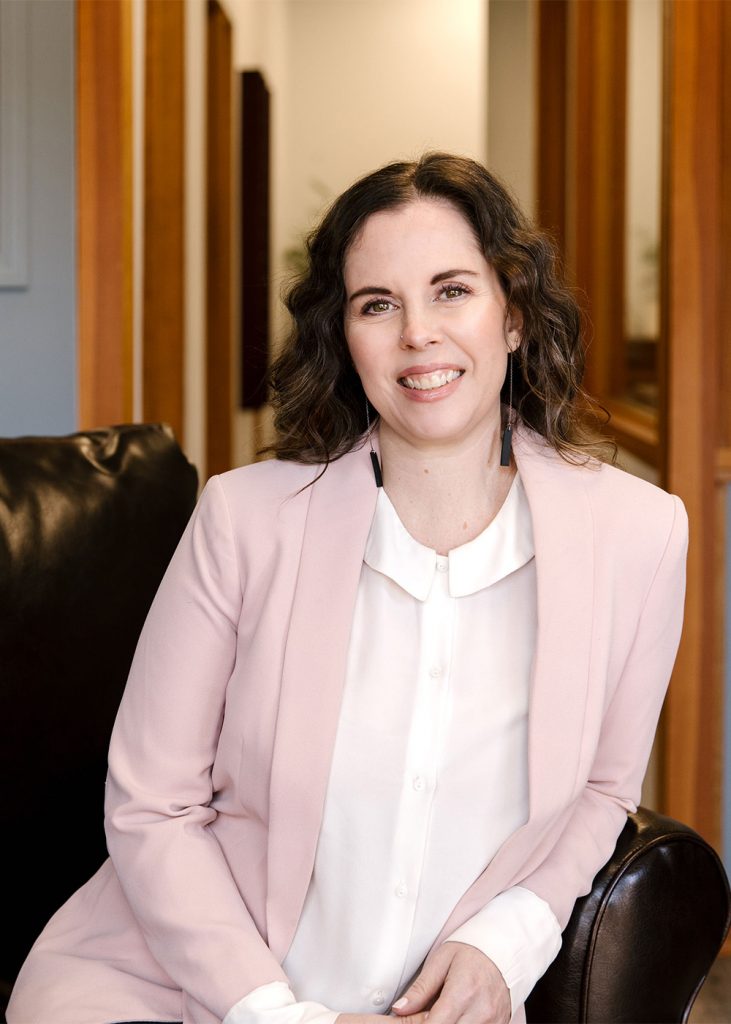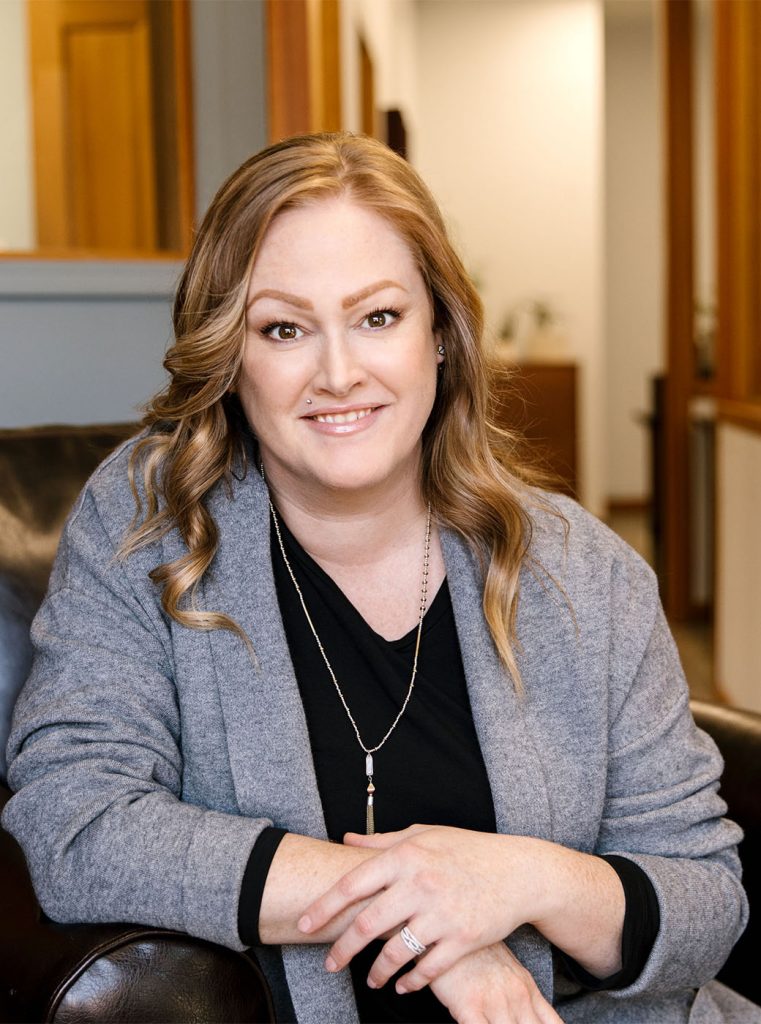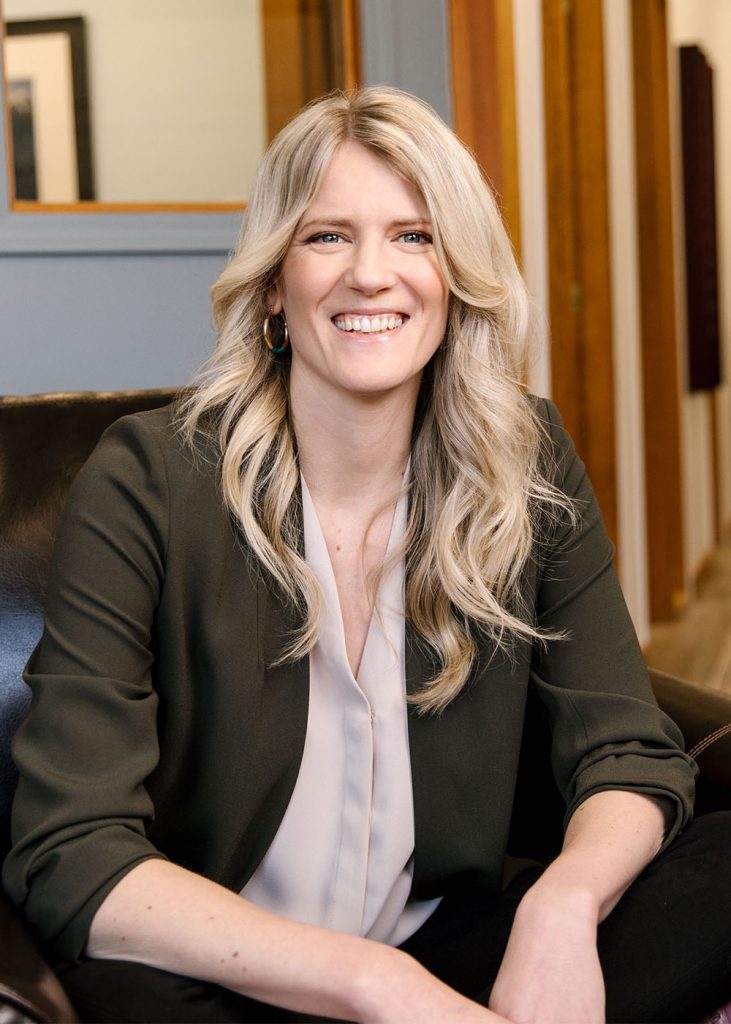Download this article as a PDF.
Many Canadians own property in the U.S., and many Canadian retirees dream of owning property in a warmer climate than our own.
The U.S. has some complicated rules around taxation, and you could be subject to their taxation even as a non-resident.
There are 3 main considerations to keep in mind about U.S. real estate and taxes. Read what our colleagues at Wellington-Altus have to say about it in their recent blog.
—
For many Canadians who are not otherwise U.S. persons (“Canadian”), owning property in the U.S. may represent an investment opportunity,
a home away from home and an escape from the colder winter months. The complex nature of U.S. income tax rules related to property ownership and the financial consequences that come with them, however, should be an important consideration when making the decision to buy property south of the border.
Here are three ways that Canadian owners of U.S. property can be subject to the various U.S. tax regimes:
1. Collecting rental income
Canadian snowbirds who own a U.S. property and decide to rent it out for the time periods they are not using it, or any Canadian who owns a U.S. rental property, should be aware that where they have collected rental income for more than 15 days in any given calendar year they are subject to U.S. taxation on that income. U.S. tax is calculated one of two ways:
Option 1. Pay 30% withholding tax (U.S. Form 1042-S) on the gross rental income, without taking any expenses into account. By choosing this option, Canadians can avoid having to file a U.S. income
tax return.
Option 2. Make an election and file a U.S. non-resident tax return (U.S. Form 1040 NR) to report net rental income. After deducting expenses such as mortgage interest, property taxes, utilities and insurance, Canadian owners may end up paying less than 30% tax on their net rental income. Where the property is also used personally, deductions may be limited.
Helpful hints:
• Canadian residents, corporations, partnerships, or trusts choosing to rent their U.S. property for more than 15 days annually should keep careful track of expenses and evaluate the most advantageous method for reporting and paying U.S. tax on the rental income.
• When filing their Canadian tax returns, owners of U.S property must report the net rental income and pay Canadian tax on such. They can claim a foreign tax credit for U.S. tax paid to reduce or eliminate double taxation. They may also be required to complete form T1135 Foreign Income Verification Statement where their cumulative foreign assets cost more than CA$100,000.
• Depending on the location of the property, it may also be necessary to file city and state tax returns.
2. Selling U.S. real estate
When a Canadian sells their U.S. property, the proceeds are subject to withholding tax rules under the Foreign Investment in Real Property Tax Act (FIRPTA). This typically means that 10% or 15% of the gross sale price is withheld at the time of sale to cover U.S. tax on the net capital gain. Any amount withheld above the U.S. taxes calculated and payable will be refunded after their U.S. tax return is filed and processed.
There are two instances in which the FIRPTA withholding requirement can be reduced or eliminated:
Exception 1. The 15% withholding tax is waived if the value of the sale is less than US$300,000 and will be reduced to 10% for sales between US$300,000 and US$1 million, provided the buyer intends to use the property as a principal residence in each of the next two years, subject to certain rules.
Exception 2. If their U.S. tax liability is expected to be less than 15% of the selling price, sellers can apply for a Withholding Certificate from the IRS prior closing. In this case, 15% of the selling price can be held in escrow until the application is assessed and approved, which can be quicker than filing a U.S. tax return and waiting for a refund.
Helpful hints:
• It is generally necessary to file a U.S. non- resident tax return (U.S. Form 1040 NR) on the sale of a property, even if selling at a loss. It may also be necessary to file a separate city and state tax return, depending on the location of the property.
• Any capital gain on U.S. property is also taxable in Canada as part of the seller’s worldwide income, and they can claim a foreign tax credit on U.S. taxes paid.
• Foreign exchange gains (or losses) relating to the sale of the property must also be reported on the Canadian tax return. A foreign exchange gain or loss arises where the CAD-USD exchange rate at the time of purchase of the property differs from the CAD-USD exchange rate at the time of sale, assuming the property was purchased and sold in U.S. dollars. Often this is calculated and reflected when translating the USD transactions into CAD.
• Canadian residents can claim their principal residence exemption (PRE) in respect of gains on the sale of a U.S. vacation property when the property meets the PRE conditions. The PRE may not be available if the property was principally rented out. It may also not be advisable to claim the PRE on the U.S. property as any U.S. taxes payable cannot be claimed as a foreign tax credit.
3. U.S. Estate and Gift Taxes/Canadian Deemed Disposition Rules
Canadians who pass away owning U.S. situs assets may be subject to U.S. estate tax filings and liabilities. If the value of their collective U.S. situs property exceeds US$60,000, the estate will be subject to U.S. estate tax filings and may have a U.S. estate tax liability depending upon their worldwide wealth and the U.S. unified credit for the year.
What is U.S. situs property?
Assets that are situated in the U.S., including securities, debt and real property, such as houses, condominiums and deeded timeshare properties are subject to U.S. estate tax if the value of the person’s worldwide estate at time of death exceeds certain thresholds.
Similarly, gifting U.S. property to family members may trigger U.S. gift tax and U.S. tax consequences for both the giver and recipient.
Further, while Canada does not have estate taxes, Canadians are deemed to dispose of their assets at fair market value when they die. Unless the U.S. property is inherited by a spouse or spousal trust, an additional capital gain may need to be reported for Canadian tax purposes.
Helpful hints:
Verify whether your power of attorney and will are valid in the U.S. state where the property is located to avoid challenges in managing the property should you become incapacitated or die.
Conclusion: Think ahead, be prepared and get good advice
Canadians who need to file a U.S. tax return on the sale of a property, apply for a Withholding Certificate or request other exemptions will require an Individual Taxpayer Identification Number. This, along with other steps associated with U.S. rental income or sale of a U.S. property, may take weeks or months to complete and/or result in fines for missing tax filing deadlines.
As the U.S. tax code can be complex to navigate, and co-ordinating the numerous filing deadlines of U.S. and Canadian tax forms can be onerous, we highly recommend consulting a cross-border tax consultant for advice.










